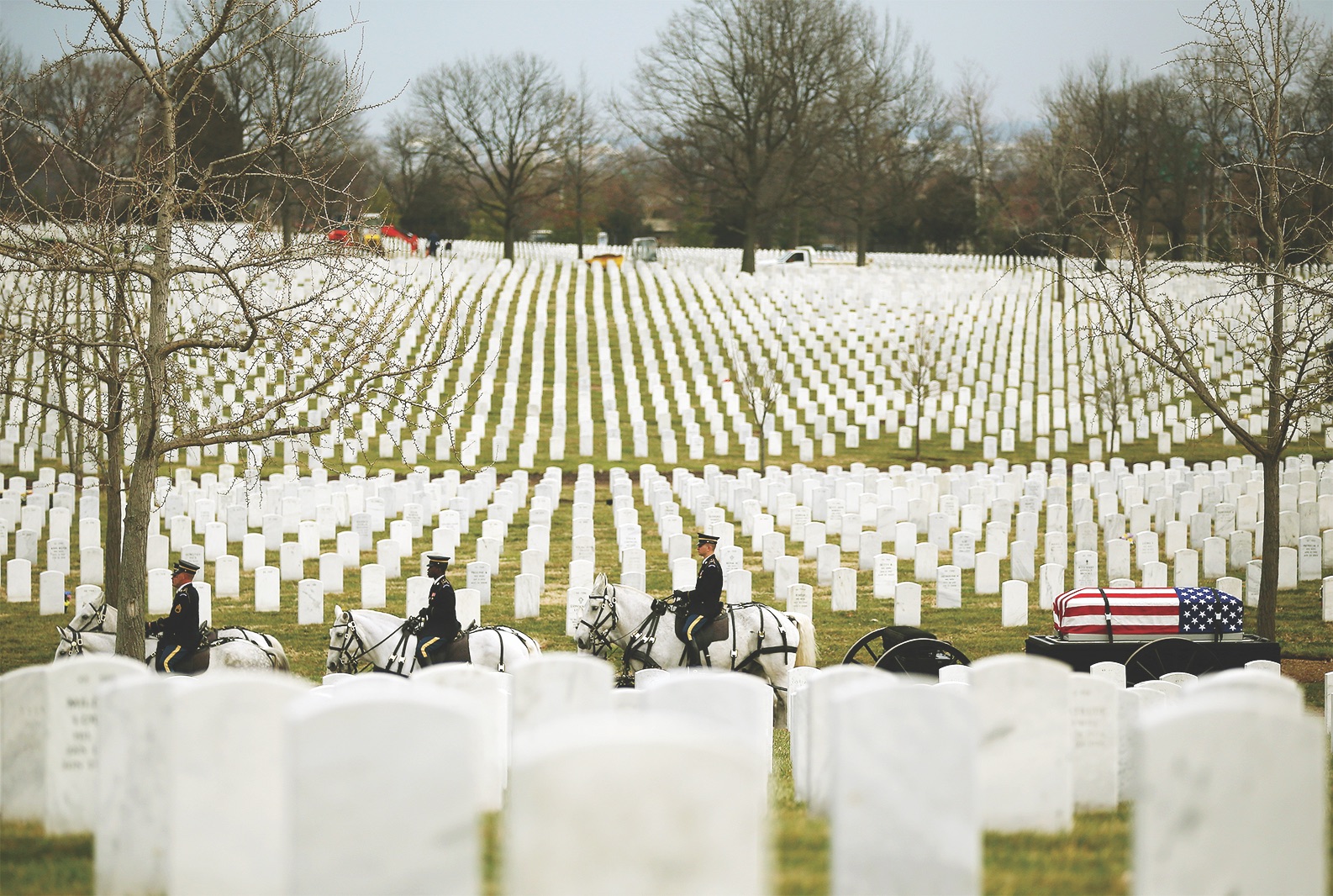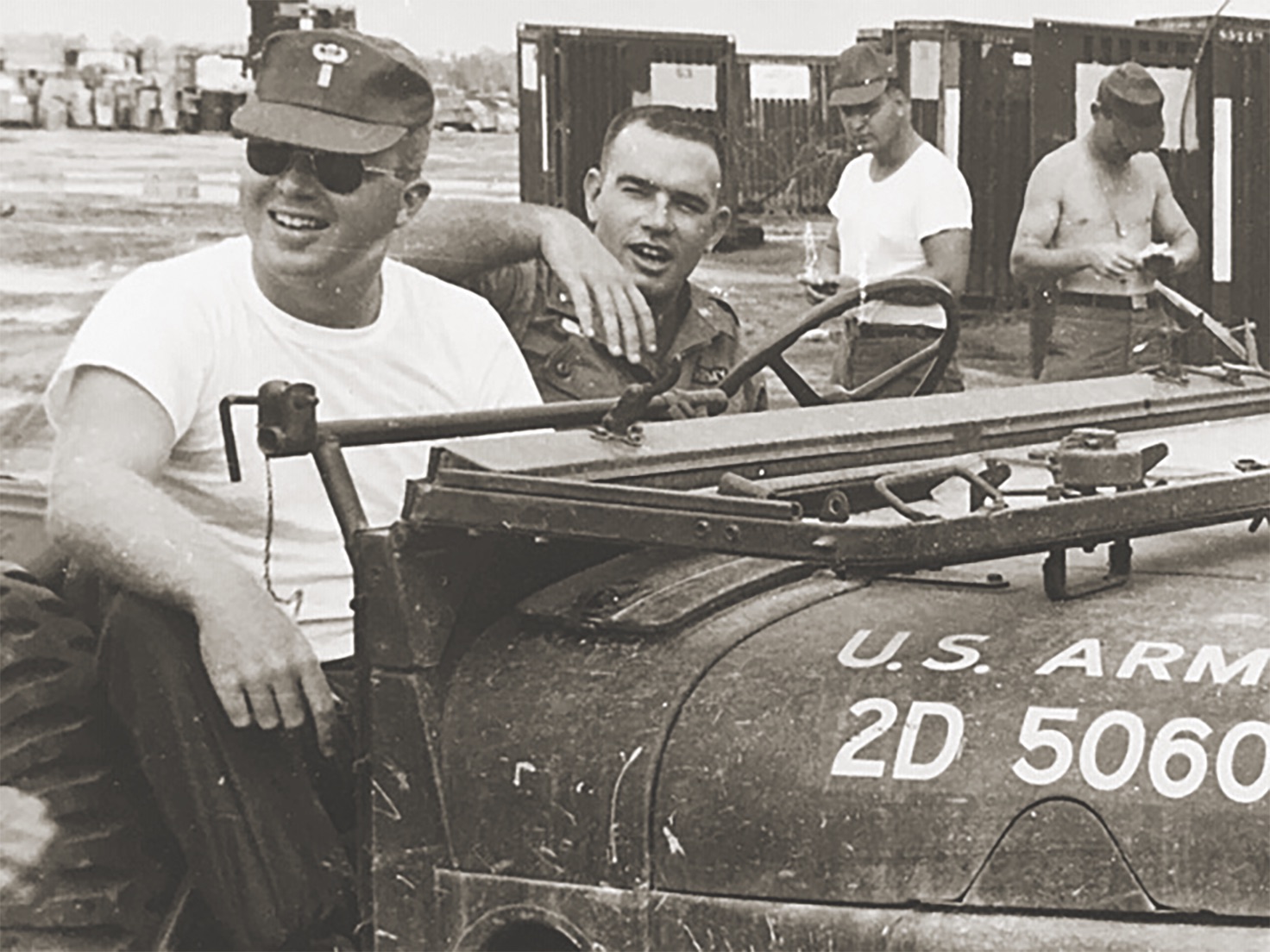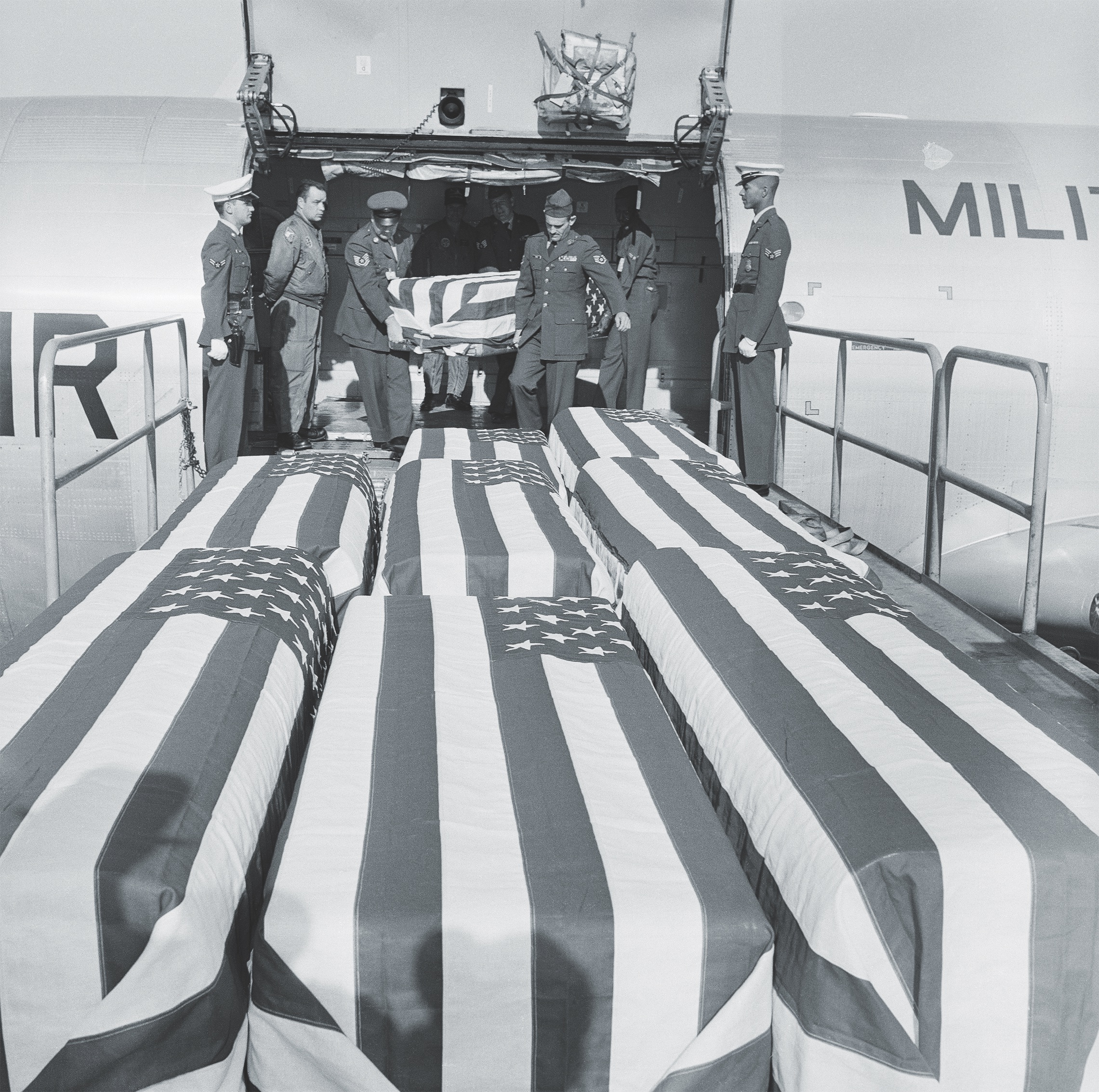I grew up Catholic in a small North Dakota town. Catholic kids were taught to pray early on, and we did so every day. We prayed aloud together in school and when the nuns herded us to church for confessions. We prayed for everything and everyone. At bedtime we prayed for our families, relatives and friends. We prayed for the “poor souls in purgatory.” I guess that was to get them an early out. We prayed that it wouldn’t rain on the Saturday picnic and that we’d win the basketball game Friday night. Praying was very much a part of our lives, and I remember praying that I would pass tests, even in college. We still studied hard because we knew praying needed a little material help.

Then I was in the Army. When I went to Vietnam in 1965, my mother wrote to me every day—every single day. And her letters weren’t just short “How are you, I am fine” notes. Her daily letters poured out of her soul. She wrote about news from town, about memories from the past, and she provided a deep look into her feelings. In her letters she told me things she never discussed when we were together because they were too personal. And she ended every letter the same way. She wrote that each night she got down on her knees and prayed to God that I would come home safely. I wished later that I had kept her wonderful letters, especially after she passed at age 59. But there was no place I could keep them over there as everything we owned had to fit in a duffle bag. The letters got tossed out and burned with empty C ration cartons. But I remembered most of everything she said. Her words were a comfort in Vietnam.
It was a war, and there were casualties. Among my other duties, I was a first lieutenant in charge of the 20-man Graves Registration Platoon in the 1st Infantry Division. It was called simply GR, and we were the first stop for soldiers killed in action. Their bodies were placed in green rubber body bags, loaded in 2½-ton trucks and brought to us. Our mission was to prepare our fallen brothers for the Army mortuary in Saigon. After we tended to the bodies we took them there to be embalmed, dressed in new uniforms and sealed in airtight aluminum caskets for shipment to their families. Working GR was a tough mental job, and those who couldn’t handle it were assigned to other tasks.
The deceased brave men arrived at GR just as they were found, and we had specific duties to care for them. We first identified them by their dog tags. There were no computers so all the record keeping was by hand in ledger books. The soldiers’ meager belongings, usually only a wallet and some scrip (paper money we used), were inventoried. All clothing was removed. We had big scissors with flat blades on the bottom to cut the boot laces and uniforms from the bodies. Everything removed was burned on the spot. The bodies were placed on concrete slabs. Soapy water and sponges the size of footballs were used to wash and clean them as best we could. Afterward, the nude bodies were carefully zipped in clean body bags along with the men’s belongings for the trip to the Saigon Army mortuary and then the flight home.

An officer had to sign off on the identification papers and the inventory of personal items. We removed anything that could be distressful to the family. That task often fell to me and once created a very difficult decision. Signing the papers and looking through the property of a young soldier, I discovered the photo of a nude woman in his wallet. There was also a wedding ring on his finger. If the photo was not his wife, it had to be destroyed. But if it was his wife, she would know he had it and think the worst if it wasn’t included with his other possessions. What to do? I made the safe decision and burned the photo along with the soldier’s bloody uniform. That was 50 years ago, and I’ll never forget making that decision.
One night a troop truck convoy was ambushed, and the bodies of 20 American troopers arrived on short notice. We worked under our generator field lights and did our job of cutting off clothing and washing the soldier’s remains. Then a big problem arose. Because there were 20 men we ran out of clean body bags for the trip to Saigon. We were told by radio that a truck with a fresh supply was on the way and we would have them later that night.
In the meantime, there were 20 soldiers, each on a stretcher, lying nude, side by side under our glaring lights. None of us would leave them that way so we stood with them for several hours with nothing to do but be with those guys. It struck me that nearly all of them were just boys. I was 24. Most seemed to be around 20 years old, and many looked younger than that. It hit me that I would be going home soon to get married, and those men were going home to get buried. As we waited for the trucks with fresh body bags and guarded the men’s bodies, none of us was ashamed of the tears that overflowed our eyes.
It was then I remembered what my mother told me. She said she got down on her knees and prayed every night that I would return to her safely. It struck me like a thunderclap that each of these mutilated dead young men also had a mother. And the mothers of these boys surely prayed for their son’s safe return just as mine did for me. Ever since that night, it has been difficult for me to pray with any conviction. The phrase “Our thoughts and prayers are with you” is not in my vocabulary. That was a long time ago, and I never told my mother about any of this.
Mike Kirchen served with the U.S. Army 1st Infantry Division in Vietnam May 1965-June 1966. After leaving the Army he had a career in the healthcare industry including significant international experience. He and his wife live in Pleasant Prairie, Wisconsin.
Do you have reflections on the war, you would like to share? Email your idea or article to Vietnam@HistoryNet.com, subject line: Reflections

